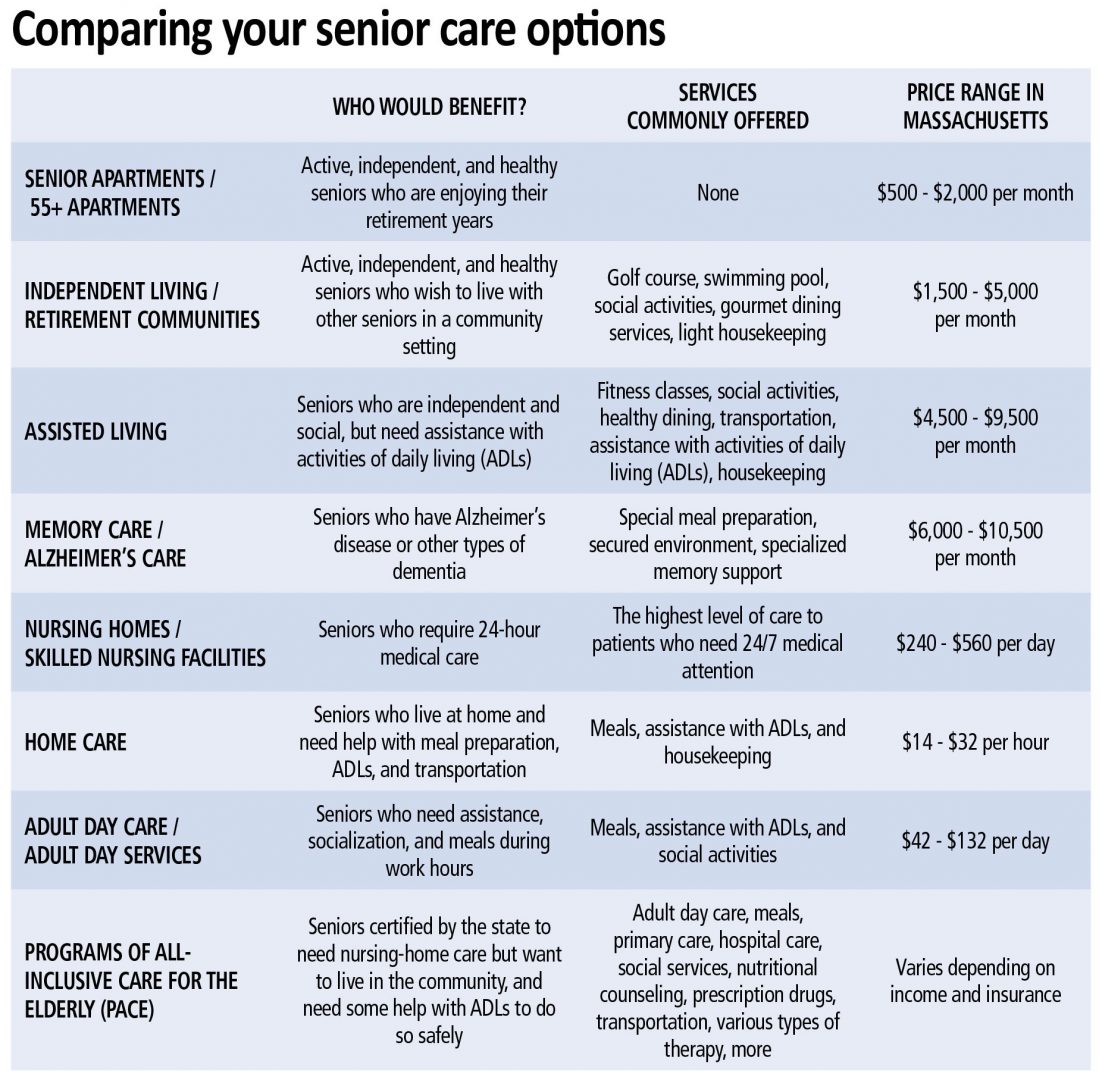Make the Right Choice
The Internal Revenue Service today reminds taxpayers that carefully choosing a tax professional to prepare a tax return is vital to ensuring that their personal and financial information is safe, secure, and treated with care.
Most tax-return preparers provide honest, high-quality service. But some may cause harm through fraud, identity theft, and other scams. It is important for taxpayers to understand who they’re choosing and what important questions to ask when hiring an individual or firm to prepare their tax return.
Another reason to choose a tax preparer carefully is because taxpayers are ultimately legally responsible for all the information on their income tax return, regardless of who prepares it.
The IRS has put together a directory of federal tax-return preparers with credentials and select qualifications (irs.treasury.gov/rpo/rpo.jsf) to help individuals find a tax pro that meets high standards. There is also a page at irs.gov for choosing a tax professional that can help guide taxpayers in making a good choice, including selecting someone affiliated with a recognized national tax association. There are different kinds of tax professionals, and a taxpayer’s needs will help determine which kind of preparer is best for them.
Red Flags to Watch Out For
There are warning signs that can help steer taxpayers away from unscrupulous tax-return preparers. For instance, not signing a tax return is a red flag that a paid preparer is likely not to be trusted. They may be looking to make a quick profit by promising a big refund or charging fees based on the size of the refund.
These unscrupulous ‘ghost’ preparers often print the return and have the taxpayer sign and mail it to the IRS. For electronically filed returns, a ghost preparer will prepare the tax return but refuse to digitally sign it as the paid preparer. Taxpayers should avoid this type of unethical preparer.
In addition, taxpayers should always choose a tax professional with a valid preparer tax identification number (PTIN). By law, anyone who is paid to prepare or assists in preparing federal tax returns must have a valid PTIN. Paid preparers must sign and include their PTIN on any tax return they prepare.
Other Tips
Here are a few other tips to consider when choosing a tax return preparer:
• Look for a preparer who’s available year-round. If questions come up about a tax return, taxpayers may need to contact the preparer after the filing season is over.
• Review the preparer’s history. Check the Better Business Bureau website for information about the preparer. Look for disciplinary actions and the license status for credentialed preparers. For CPAs, check the State Board of Accountancy’s website, and for attorneys, check with the State Bar Assoc. For enrolled agents, go to irs.gov and search for ‘verify enrolled agent status’ or check the IRS Directory of Federal Tax Return Preparers.
• Ask about service fees. Taxpayers should avoid tax-return preparers who base their fees on a percentage of the refund or who offer to deposit all or part of the refund into their own financial accounts. Be wary of tax-return preparers who claim they can get larger refunds than their competitors.
• Find an authorized IRS e-file provider. They are qualified to prepare, transmit, and process electronically filed returns. The IRS issues most refunds in fewer than 21 days for taxpayers who file electronically and choose direct deposit.
• Provide records and receipts. Good preparers ask to see these documents. They’ll also ask questions to determine the client’s total income, deductions, tax credits, and other items. Do not hire a preparer who e-files a tax return using a pay stub instead of a Form W-2. This is against IRS e-file rules.
• Understand the preparer’s credentials and qualifications. Attorneys, CPAs, and enrolled agents can represent any client before the IRS in any situation. Annual Filing Season Program participants may represent taxpayers in limited situations if they prepared and signed the tax return.
• Never sign a blank or incomplete return. Taxpayers are responsible for filing a complete and correct tax return.
• Review the tax return before signing it. Be sure to ask questions if something is not clear or appears inaccurate. Any refund should go directly to the taxpayer — not into the preparer’s bank account. Review the routing and bank-account numbers on the completed return and make sure they are accurate.
• Taxpayers can report preparer misconduct to the IRS using Form 14157, Complaint: Tax Return Preparer (www.irs.gov/pub/irs-pdf/f14157.pdf). If a taxpayer suspects a tax-return preparer filed or changed their tax return without their consent, they should file Form 14157-A, Tax Return Preparer Fraud or Misconduct Affidavit (www.irs.gov/pub/irs-pdf/f14157a.pdf).
Extended Hours
In addition to this advice, the IRS also announced nearly 250 IRS Taxpayer Assistance Centers around the country will extend their weekly office hours to give taxpayers additional time to get the help they need during the filing season. The extended office hours will continue through Tuesday, April 16.
The Springfield office, located at 1550 Main St., offers extended hours on Tuesdays and Thursdays. For questions about available services or hours of operation, call (413) 788-0284.
The expanded hours at the assistance centers reflect funding and staffing made possible under the Inflation Reduction Act, which is being used across the IRS to improve taxpayer service, add new technology and tools, as well as help tax-compliance efforts.
“This is another example of how additional IRS resources are helping taxpayers across the country,” IRS Commissioner Danny Werfel said. “Adding extra hours provide more options for hardworking taxpayers to get help with their tax issues. The IRS is continuing to work hard both during the upcoming tax season and throughout the year to find ways to make it easier for people to interact with us.”





 By the Massachusetts Senior Care Assoc.
By the Massachusetts Senior Care Assoc.


